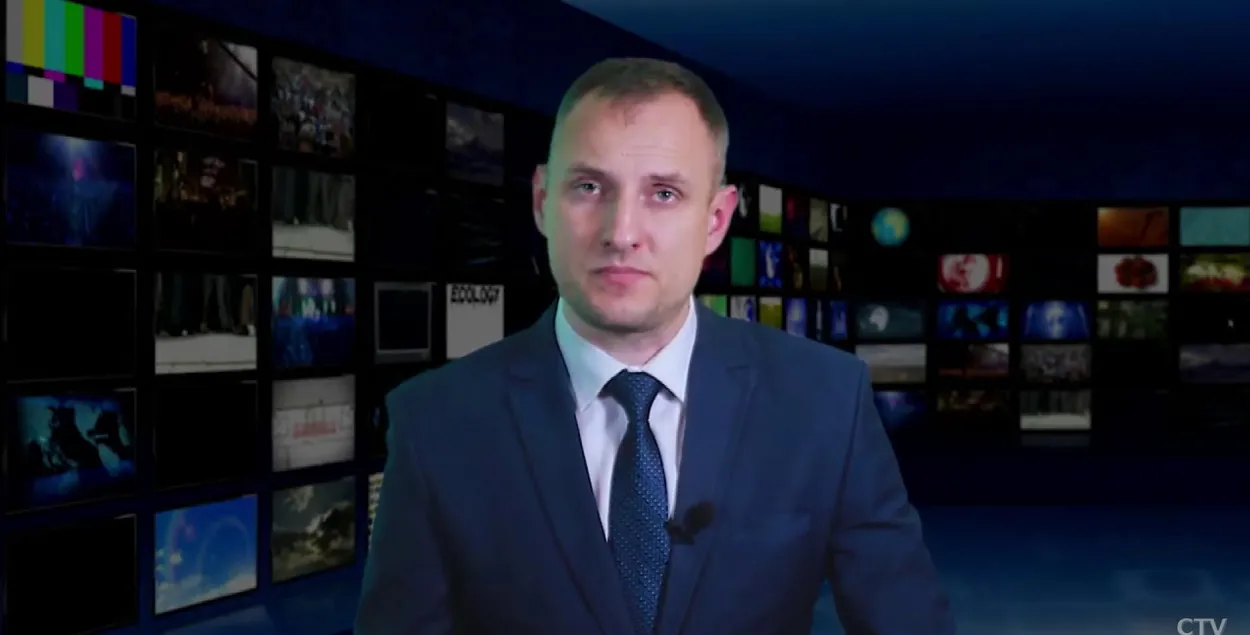Blogger goes on TV to praise actions of Nazi regime

Alyaksei Holikau / STV
Blogger Alyaksei Holikau recently spoke on STV television channel with open praise for Nazi shootings and gallows.
He mentioned the Nazi gallows during the occupation as a good example:
"I vaguely remember a grandmother's story from my childhood. The Germans were transporting people by train, either to Germany or within the country, and told everyone to buy tickets. If anyone didn't buy one, they would be shot. At one of the stops an inspector came. Everyone bought tickets except one woman and her granddaughter who was traveling with her. They were taken off the train and shot right at the slope in front of everyone.
I remember another case when the Germans came to the Russian land and ordered the peasants to plant tomatoes. The peasants grinned and said thay would plant them, but will not be able to eat them - the locals would steal them. The Germans also smiled and put two gallows, one at the beginning of the field and one at the end. Not a single tomato was lost from the field.
Holikau cited these cases as an example of the tough rule needed in Belarus. "It seems to me that in contrast to the post-election turmoil, in Belarusian society there is now a demand for order is quite high," he says.
He added that he was inclined to support order kept by force. "I will tell you frankly, I am a supporter of unpopular undemocratic measures of force to maintain order. Undoubtedly, a person is a person with a sense of dignity and personal honor, but people who form a protest crowd lose their humanity and personal dignity," says Holikau.
By the way, in the mid-1990s, Alyaksandr Lukashenka already praised Adolf Hitler for his "strong hand": "Not all bad things in Germany were associated with the famous Adolf Hitler. The German order was formed over centuries, under Hitler this formation reached its highest point. This is something that corresponds to our understanding of the presidential republic and the role of the president in it." This episode was used by Yuri Khashchavatski in the documentary film "The Ordinary President".



















